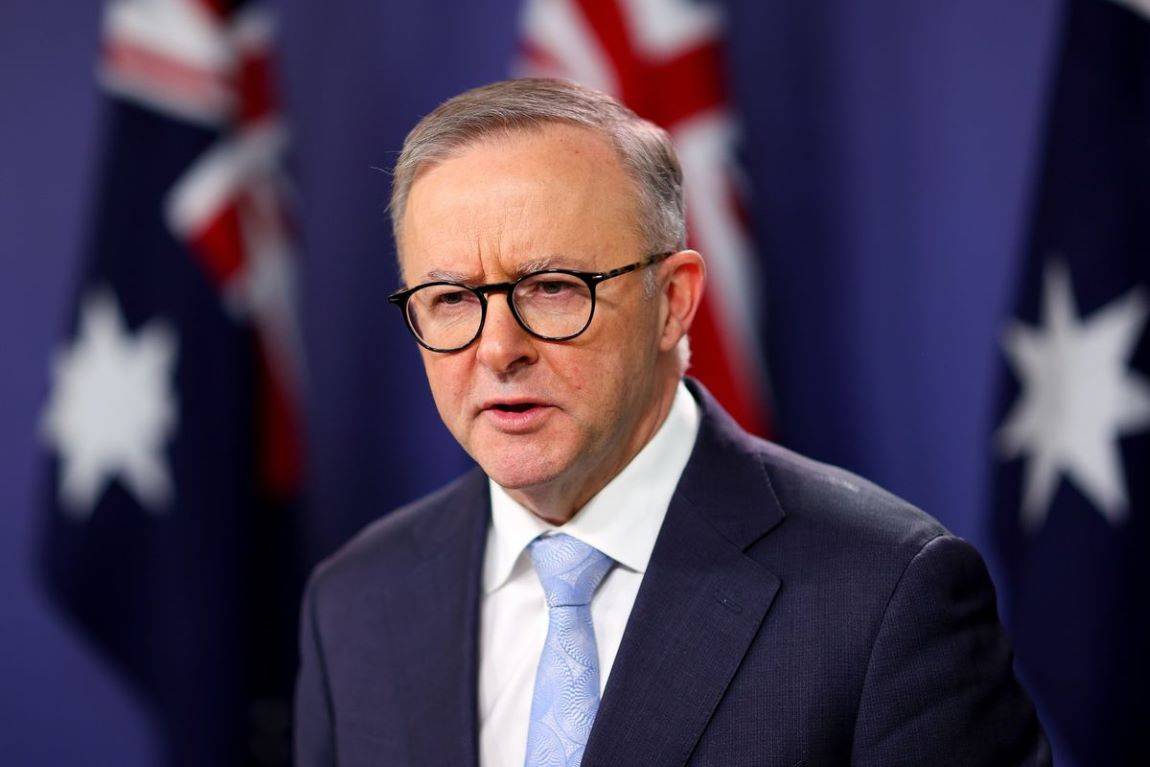
"At the invitation of Prime Minister Narendra Modi, the Prime Minister of Australia, Anthony Albanese, will pay a State Visit to India on 08-11 March 2023. He will be accompanied by Senator Don Farrell, Minister for Trade and Tourism, and Madeleine King, Minister for Resources and Northern Australia, as well as senior officials and a high-level business delegation," said the Ministry of External Affairs in a press release.
Albanese's visit to India will be his first as Prime Minister. He will arrive in Ahmedabad on March 8, 2023, on Holi, and will then travel to Mumbai on March 9 before returning to Delhi.
"On March 10, 2023, Prime Minister Albanese will be greeted ceremoniously at the forecourt of Rashtrapati Bhawan in Delhi. The Annual Summit will be held by Prime Minister Modi and Prime Minister Albanese to discuss areas of cooperation under the India-Australia Comprehensive Strategic Partnership, as well as regional and global issues of mutual interest," according to the release. Albanese will also make a phone call to President Droupadi Murmu.
India and Australia have cordial relations based on shared values and democratic principles. In June 2020, the two countries elevated their strategic partnership to a Comprehensive Strategic Partnership, which has been strengthened and deepened through frequent high-level exchanges and enhanced cooperation across sectors.
According to the release, Prime Minister Albanese's visit is expected to give the Comprehensive Strategic Partnership a boost. The two sides will hold talks on a variety of topics, including clean energy, technology, digital trade, and procurements.
On December 29, 2022, the India-Australia Economic Cooperation and Trade Agreement (ECTA) entered into force. According to the agreement, Australia was to provide zero-duty access to India for approximately 96.4 percent of exports (by value) beginning on the day the agreement is implemented.
Australia will provide India with preferential market access on 100% of its tariff lines, including all labor-intensive sectors of export interest to India, such as gems and jewellery, textiles, leather, footwear, furniture, food and agricultural products, engineering products, medical devices, and automobiles.
In contrast, India will provide preferential access to Australia on more than 70% of its tariff lines, including lines of export interest to Australia, which are primarily raw materials and intermediaries such as coal, mineral ores, and wines.
Earlier, the Australian Prime Minister emphasized the importance of Australia's defence partnership with India. "I look forward to strengthening that as well, as well as on security issues. Of course, Operation Malabar will take place during the time that we are hosting. "We have a lot to talk about today," Albanese added.
Malabar, which began as a bilateral exercise, is now one of the Quad forces' cornerstones of military interoperability. Malabar is a naval exercise between the navies of India, the United States, and Japan. Australia has also taken part in the exercise known as the 'Quadrilateral Security Dialogue (QUAD)' in recent years. The drill is taking place in the Indian Ocean. The exercise can last anywhere from 6 to 14 sea days, depending on the complexity and missions involved.
















